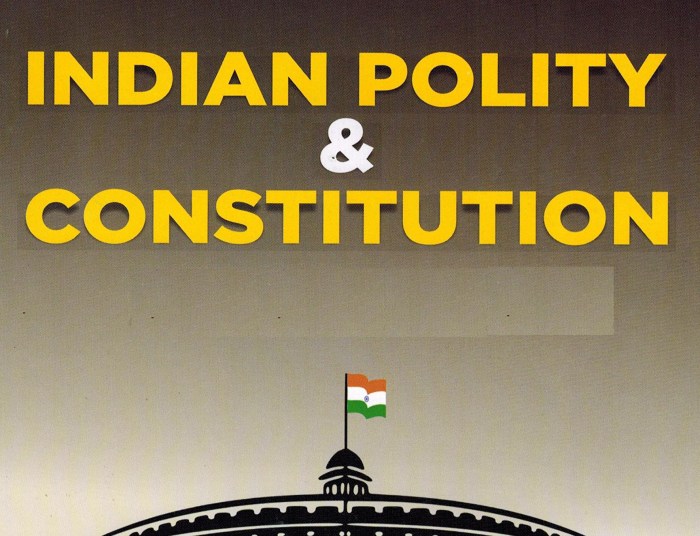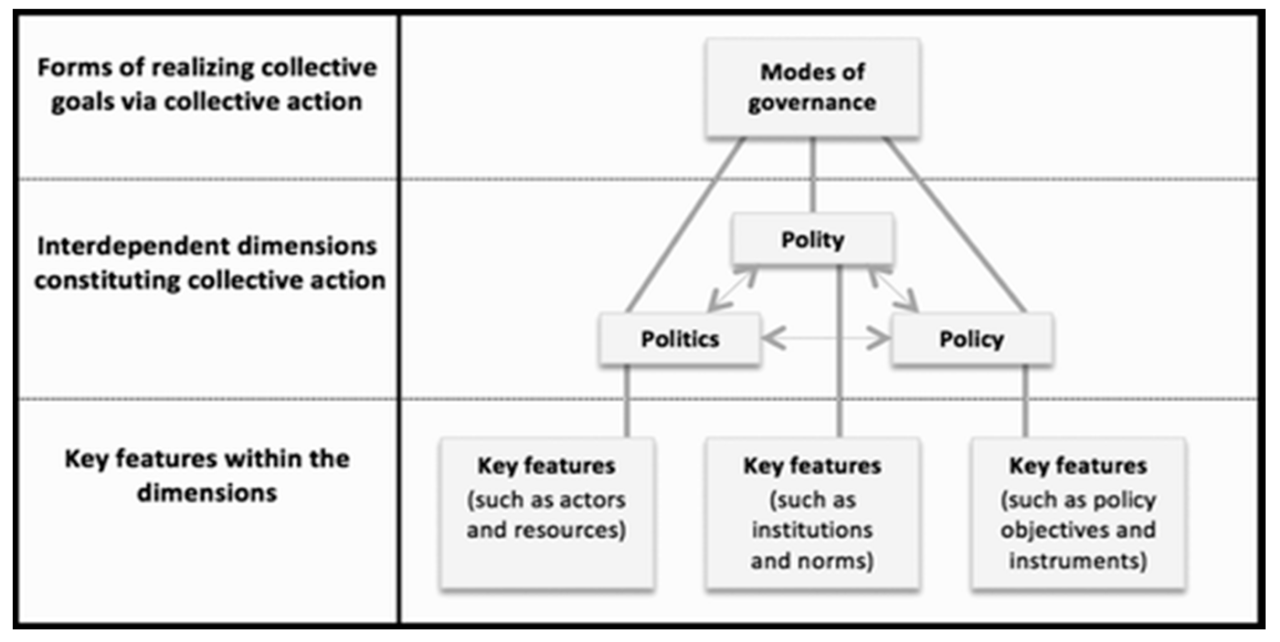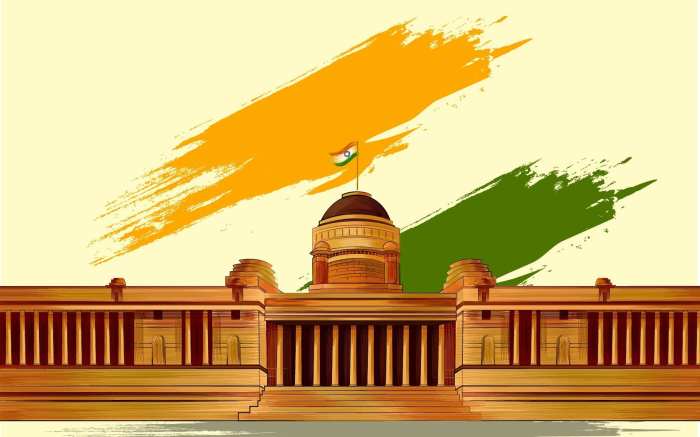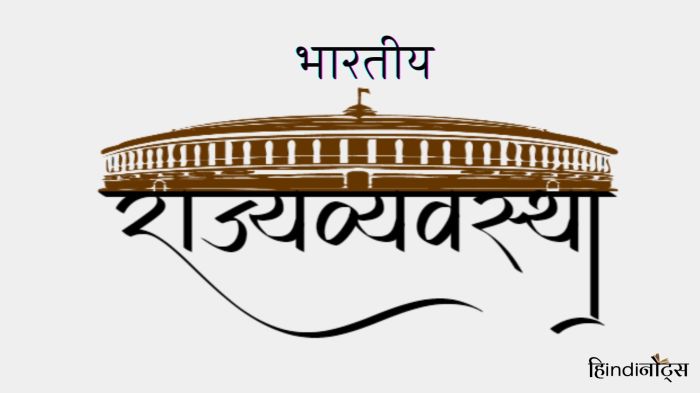System of government crossword clue – Embark on a captivating journey into the enigmatic realm of systems of government, guided by the intriguing clues found in crossword puzzles. From the fundamental concept to diverse types and historical examples, this exploration delves into the intricate mechanisms that shape the governance of nations.
Crossword puzzles provide a playful yet insightful lens through which to decipher the complexities of systems of government. By unraveling these enigmatic clues, we not only solve puzzles but also gain a deeper understanding of the structures and principles that underpin the societies we inhabit.
System of Government

A system of government refers to the set of rules, principles, and institutions that define the structure, organization, and operation of a political entity, typically a state or nation.
Systems of government can be classified into various types, each with its distinct characteristics and mechanisms for exercising political power:
Monarchy
A monarchy is a system of government in which a single person, known as a monarch (e.g., king, queen, emperor, or empress), serves as the head of state, usually inheriting the position through a hereditary line of succession.
Democracy
A democracy is a system of government in which the people hold the ultimate political power and make decisions through the election of representatives or direct voting on public policies.
Republic
A republic is a system of government in which the head of state is not a monarch and is typically elected for a specific term by the people or their elected representatives.
Dictatorship
A dictatorship is a system of government in which a single person or a small group of people exercises absolute power without the consent or participation of the people.
Crossword Clues

Crossword clues related to systems of government often test the solver’s knowledge of political science and history. They may refer to specific types of government, such as democracy, monarchy, or dictatorship, or to the institutions and processes that characterize different systems of government.To
solve crossword clues about systems of government, it is helpful to have a basic understanding of the different types of government and their key features. It is also helpful to be familiar with common political terms and concepts. For example, a clue that reads “A government in which power is held by a single person” could be solved with the answer “monarchy.”
Example Crossword Clues
Here are some examples of crossword clues related to systems of government:
- A government in which power is held by the people (6 letters)
- A government in which power is held by a single person (7 letters)
- A government in which power is divided between the national and state governments (11 letters)
- A government in which power is held by a small group of people (8 letters)
- A government in which power is held by the military (7 letters)
Solving Crossword Clues
To solve crossword clues about systems of government, it is helpful to:
- Read the clue carefully and identify the key terms and concepts.
- Consider the different types of government and their key features.
- Think about the institutions and processes that characterize different systems of government.
- Use your knowledge of political science and history to help you find the correct answer.
Examples of Systems of Government

Various systems of government have emerged throughout history, each with its distinct characteristics, advantages, and disadvantages. Here are some examples of different systems of government and their real-world implementations:
Monarchy
In a monarchy, a single person, typically a king or queen, holds the highest political power. Monarchies can be either constitutional or absolute. In a constitutional monarchy, the monarch’s powers are limited by a constitution, while in an absolute monarchy, the monarch has absolute power.
- Advantages:Stability, continuity, and tradition; the monarch can provide a sense of unity and national identity.
- Disadvantages:Lack of accountability, potential for tyranny, and the monarch’s personal qualities can significantly influence the government’s effectiveness.
Republic
A republic is a form of government in which the supreme power is vested in the people and exercised by elected representatives. Republics can be either presidential or parliamentary.
- Advantages:Accountability, representation, and the potential for a more democratic and responsive government.
- Disadvantages:Can be inefficient, prone to gridlock, and may be susceptible to corruption or the influence of special interests.
Democracy
Democracy is a system of government in which all or most citizens have the right to participate in the decision-making process. Democracies can be either direct or representative.
- Advantages:Equality, participation, and the potential for a more responsive and representative government.
- Disadvantages:Can be slow and inefficient, prone to populism, and may not always result in the best decisions for the country.
Autocracy
Autocracy is a system of government in which a single person has absolute power. Autocrats can be either dictators or monarchs.
- Advantages:Can be efficient and decisive, especially in times of crisis.
- Disadvantages:Lack of accountability, potential for tyranny, and the autocrat’s personal qualities can significantly influence the government’s effectiveness.
Oligarchy
Oligarchy is a system of government in which a small group of people holds the highest political power. Oligarchies can be either hereditary or elected.
- Advantages:Can be stable and efficient, as the ruling group is typically experienced and knowledgeable.
- Disadvantages:Lack of accountability, potential for corruption, and the ruling group’s interests may not always align with the interests of the people.
Theocracy
Theocracy is a system of government in which religious leaders hold the highest political power. Theocracies can be either monarchies or republics.
- Advantages:Can provide a strong sense of unity and purpose, as the government is seen as divinely ordained.
- Disadvantages:Can be intolerant of other religions, may stifle innovation and progress, and the religious leaders’ personal beliefs can significantly influence the government’s policies.
Comparisons of Systems of Government
Different systems of government exhibit distinct characteristics, advantages, and disadvantages. By comparing and contrasting these systems, we can gain a deeper understanding of their suitability for various societies and political contexts.
Strengths and Weaknesses of Different Systems of Government
- Monarchiesoffer stability and continuity, but may lack responsiveness to popular will.
- Republicspromote popular sovereignty and accountability, but can suffer from gridlock or instability.
- Dictatorshipsprovide swift decision-making, but often lack transparency and accountability.
- Oligarchiesconcentrate power in the hands of a few, potentially leading to corruption and inequality.
- Theocraciesbase laws and policies on religious principles, which can lead to conflicts with secular values.
Historical Context of Systems of Government
The evolution of systems of government throughout history is a complex and multifaceted process that has been shaped by a multitude of factors, including economic, social, cultural, and environmental conditions. Historical events have played a particularly significant role in influencing the development of different systems of government, as they have often served as catalysts for political change and constitutional reform.
One of the earliest forms of government was the monarchy, which emerged in ancient civilizations such as Egypt, Mesopotamia, and China. In a monarchy, power is concentrated in the hands of a single individual, the monarch, who typically inherits their position and rules for life.
Monarchies were often based on the belief in the divine right of kings, which held that the monarch’s authority came from God or a higher power.
Historical Events and the Evolution of Government Systems
Throughout history, numerous historical events have had a profound impact on the development of systems of government. These events include wars, revolutions, and economic crises, which have often led to the overthrow of existing governments and the establishment of new political systems.
- The American Revolution: The American Revolution (1775-1783) was a major turning point in the history of systems of government. The revolution led to the overthrow of British colonial rule and the establishment of the United States of America, which became the first modern democracy based on the principles of popular sovereignty and constitutionalism.
- The French Revolution: The French Revolution (1789-1799) was another significant event in the evolution of systems of government. The revolution led to the overthrow of the French monarchy and the establishment of the First French Republic, which was the first modern republic based on the principles of popular sovereignty and universal suffrage.
- The Russian Revolution: The Russian Revolution (1917-1923) was a major event in the history of communism and socialism. The revolution led to the overthrow of the Russian monarchy and the establishment of the Soviet Union, which became the first modern communist state based on the principles of Marxist-Leninist ideology.
These are just a few examples of the many historical events that have influenced the development of systems of government. The evolution of government systems is an ongoing process that continues to be shaped by historical events and the changing needs of societies.
Current Trends in Systems of Government
Systems of government are constantly evolving to meet the changing needs of societies. In recent years, we have seen a number of emerging trends in systems of government, including:
- The rise of hybrid systems of government
- The increasing use of technology in government
- The growing influence of globalization on government
The Rise of Hybrid Systems of Government
Traditional systems of government, such as monarchies, democracies, and dictatorships, are becoming increasingly rare. Instead, we are seeing a rise in hybrid systems of government that combine elements of different traditional systems.
For example, the United Kingdom is a constitutional monarchy, which means that it has a monarch as head of state, but the monarch’s powers are limited by a constitution. India is a parliamentary democracy, which means that it has a parliament that elects the prime minister.
However, the Indian president has some executive powers, which makes the system a hybrid of a parliamentary democracy and a presidential system.
The Increasing Use of Technology in Government
Technology is playing an increasingly important role in government. Governments are using technology to improve communication with citizens, deliver services, and make decisions.
For example, many governments now have websites and social media accounts that they use to communicate with citizens. Governments are also using technology to deliver services, such as online tax filing and unemployment benefits.
The Growing Influence of Globalization on Government, System of government crossword clue
Globalization is having a major impact on government. The movement of goods, services, and people across borders is making it more difficult for governments to regulate their economies and societies.
For example, the rise of global trade has made it more difficult for governments to protect domestic industries. The movement of people across borders has made it more difficult for governments to control immigration.
Designing a System of Government
Designing a system of government is a complex and challenging task. It requires careful consideration of a wide range of factors, including the history, culture, and values of the society in question. There is no one-size-fits-all approach to designing a system of government, but there are some general principles that can be followed.One
of the most important factors to consider when designing a system of government is the distribution of power. How will power be divided between the different branches of government? What checks and balances will be in place to prevent any one branch from becoming too powerful? The distribution of power is a critical factor in determining the stability and effectiveness of any system of government.Another
important factor to consider is the role of the people. How will the people participate in the government? Will they have a direct say in decision-making, or will they be represented by elected officials? The role of the people is a critical factor in determining the legitimacy and responsiveness of any system of government.In
addition to these general principles, there are a number of other factors that must be considered when designing a system of government. These factors include the size and diversity of the population, the level of economic development, and the geographic features of the country.
Historical Context
The historical context of a country can have a significant impact on the design of its government. For example, a country that has a history of authoritarian rule may be more likely to adopt a system of government that is based on the separation of powers.
Conversely, a country that has a history of democratic rule may be more likely to adopt a system of government that is based on popular sovereignty.
Current Trends
The current trends in systems of government can also influence the design of a new system of government. For example, there is a growing trend towards decentralization and devolution of power. This trend is being driven by a number of factors, including the rise of globalization and the increasing demand for local autonomy.Designing
a system of government is a complex and challenging task, but it is also an essential one. A well-designed system of government can help to promote stability, prosperity, and justice.
Impact of Systems of Government on Society

Systems of government profoundly influence the lives of citizens, shaping their rights, freedoms, and overall well-being. Different systems distribute power and authority in distinct ways, leading to variations in societal outcomes.
In authoritarian systems, power is concentrated in the hands of a single ruler or a small group, often resulting in limited civil liberties and restricted political participation. Conversely, democratic systems emphasize the distribution of power among the people, ensuring greater protection of individual rights and freedoms.
Citizens’ Rights and Freedoms
The system of government directly impacts the extent to which citizens enjoy fundamental rights and freedoms. In democratic societies, citizens have the right to vote, express their opinions freely, and assemble peacefully. In contrast, authoritarian regimes often suppress dissent, restrict freedom of speech, and limit political participation.
Well-being and Economic Prosperity
Systems of government also influence citizens’ well-being and economic prosperity. Stable and democratic systems foster economic growth, social mobility, and access to education and healthcare. On the other hand, unstable or corrupt governments can lead to economic stagnation, inequality, and social unrest.
Social Cohesion and Trust
The type of government can shape social cohesion and trust among citizens. Democratic systems, with their emphasis on participation and accountability, tend to foster a sense of community and trust between citizens and the government. Conversely, authoritarian systems can erode trust and create divisions within society.
Resources for Further Research

This section provides a comprehensive list of resources for individuals seeking to delve deeper into the study of systems of government. These resources include books, articles, websites, and organizations dedicated to exploring the diverse range of governmental structures and their impact on society.
Books
-
-*The Comparative Politics of Democracies
An Introduction by Arend Lijphart (1999)
-*Comparative Politics
A Theoretical and Practical Approach by Rod Hague, Martin Harrop, and Shaun Breslin (2017)
-*Institutions and Democratic Performance
Comparative Politics for the 21st Century by Susan C. Stokes, Thad Kousser, and Gerald M. Pomper (2013)
Articles
“The Comparative Study of Political Systems” by Gabriel A. Almond (1966)
“Comparing Political Systems
A Theoretical Framework” by David Collier and Steven Levitsky (1997)
“The Institutional Foundations of Democracy
A Cross-Country Analysis” by Daron Acemoglu, Simon Johnson, and James A. Robinson (2001)
Websites
Comparative Politics at Oxford University
https://www.politics.ox.ac.uk/research-and-innovation/research-themes/comparative-politics
The Comparative Politics Section of the American Political Science Association
https://www.apsanet.org/section/10
The International Political Science Association
https://www.ipsa.org/
Organizations
The Center for Comparative Politics at New York University
https://www.nyu.edu/gsas/dept/politics/centers/comparative-politics.html
The Comparative Politics Workshop at the University of California, Berkeley
https://cpw.berkeley.edu/
The Comparative Politics Section of the International Studies Association
https://www.isanet.org/sections/comparative-politics
FAQ Section: System Of Government Crossword Clue
What are the main types of systems of government?
The main types of systems of government include monarchy, democracy, republic, and dictatorship.
How can crossword clues help us understand systems of government?
Crossword clues provide concise and often cryptic descriptions of systems of government, requiring solvers to draw upon their knowledge and analytical skills to decipher the correct answer.
What are some examples of historical systems of government?
Examples of historical systems of government include the Roman Empire (republic and empire), the Athenian democracy, and the feudal system.